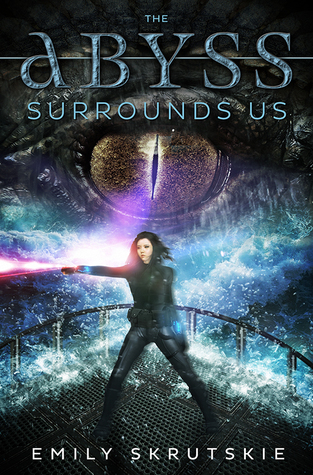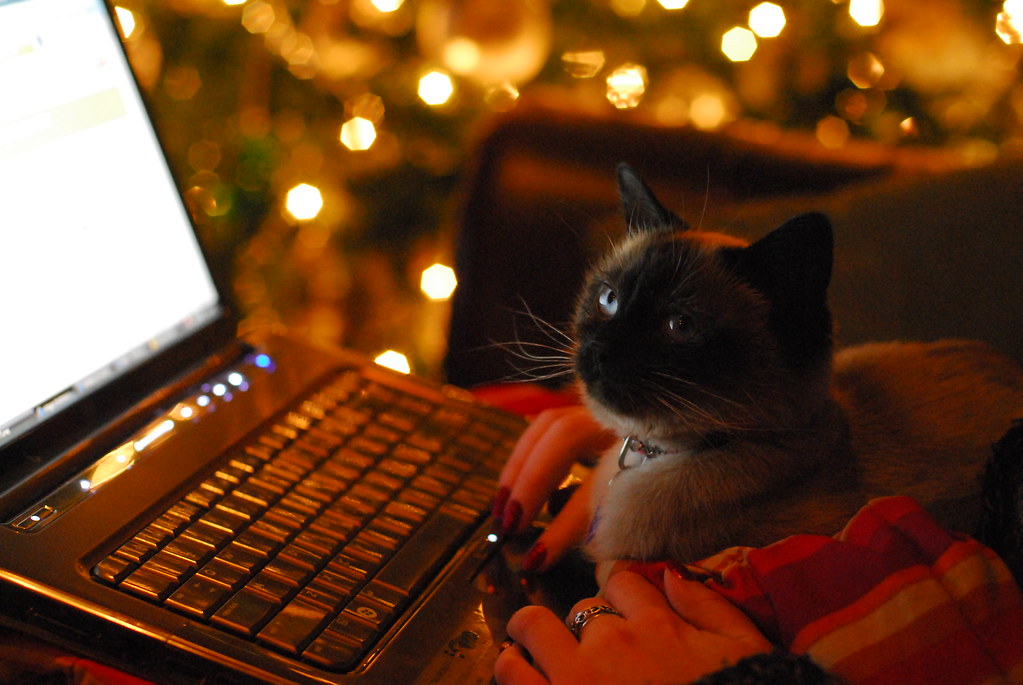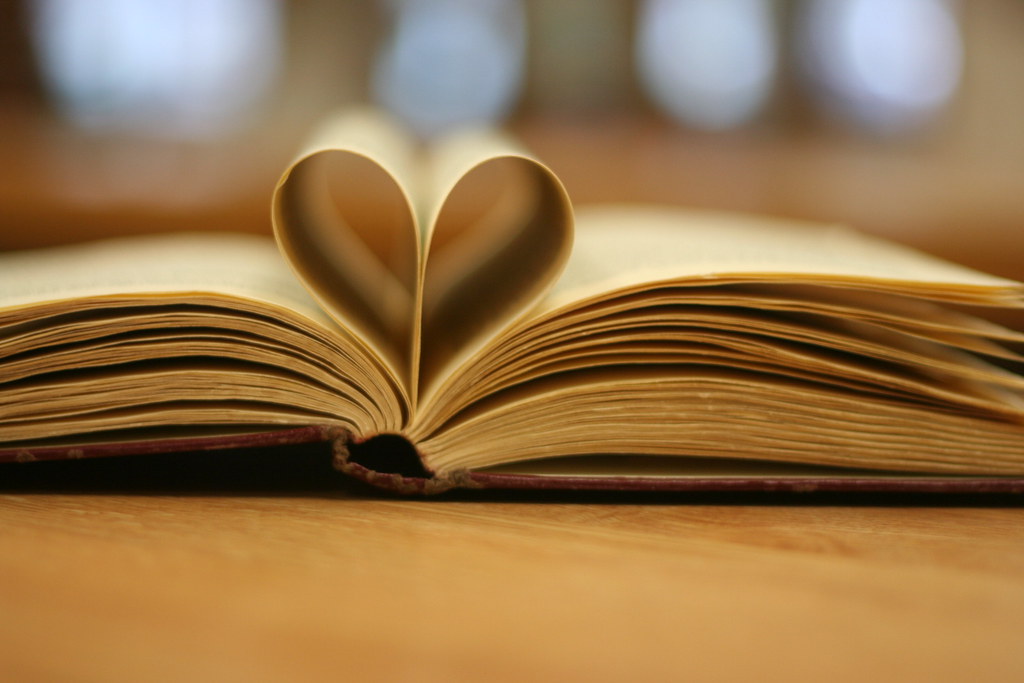 |
| Photo credit: mine |
So I’ve talked about Twitter here on the blog quite a bit, largely because Twitter has, quite literally, changed my life. Twitter was the very first social media account I opened as a writer. It was what gave me the courage to start a blog, and eventually a tumblr, Facebook fan page, Pinterest, Instagram, YouTube and more.
Twitter is where I’ve met so many friends, both who I’ve now met in person and haven’t, who I care for so much. Twitter is where I first found the blog contest that eventually got me my agent, where I landed my first and second internships—which helped me to decide to change my major and led to a promotion—where I’ve connected with so many wonderful writers, bloggers, readers, and industry people. And I’m so grateful for those connections and the reach Twitter has given me.
However, Twitter has been changing.
Over the course of the past year, I’ve seen a ton of important Discussions take over Twitter. Some have been somewhat productive, some have not. All were justified for one reason or another. The Discussions have called out racism, sexism, anti-Semitism, Islamophobia, ableism, transphobia, homophobia, bi-erasure/biphobia, whitewashing and so much more. The Discussions have brought attention to problems in the YA community, in certain books, in the publishing industry as a whole. Discussions have said
we need to talk about this and
we can’t keep ignoring this and
this isn’t acceptable and they are important, they are
all so important and necessary.
But alongside those Discussions has come a change in online climate. In the way we speak to each other. In the way we respect (or don’t) others opinions. In the way many feel the need to disagree with every little thing someone says—even the most mundane of opinions. In the way some feel it’s okay to jump into someone’s mentions to tell them they’re wrong when they weren't asking for an opinion in the first place.
But it’s also in the way people treat women who Share Opinions and men who Share Opinions. It’s in the way some who say Regrettable Things are pandered to and those who talk about why those Things are Regrettable get attacked under the guise of Be Kind. It’s in the way women—and especially women who are marginalized—are frequently viciously attacked for saying what they believe, for talking about the way they’ve been marginalized, for saying This Isn’t Okay. It’s in the way men—especially white men—who say the same thing are applauded for being So Brave.
It’s also in the way I’ve seen outspoken female friends chased off Twitter. It’s in the way many automatically assume Bad Faith. It’s in the way Twitter, which used to be a Safe Space, has become something else, something not always safe, something that sometimes is stressful and terrifying—something that often feels like walking on thin ice over a deep lake.
And it’s also in the way I have to pause and think before saying anything even remotely opinionated—because, invariably, a man I don’t know will appear in my mentions to tell me I’m wrong. It’s in the way I have to pause and think before retweeting something important a friend—especially a female friend—is saying, because I might inadvertently expose them to attackers—because I might inadvertently expose
myself to attackers.
It’s in the way, even writing this post, I know I may have to brace myself. From commenters. From people on Twitter. From places will people will go out of the way to say I’m overreacting, to say I’m exaggerating, to say I’m hypersensitive, need a thicker skin, should grow up, am wrong.
It’s also in the way I’ve quietly been stepping back from Discussions on Twitter. It’s in the way I hesitate to say something important if it’s going to take me more than a few tweets. It’s in the way I’ve learned to ask
is this okay to retweet when my friends say something important—something that could lead to negativity in their mentions. It’s in the way I’ve had to ask myself
do I have enough energy to talk about this? Will this Discussion be worth it? It’s in the way I’ve sometimes closed Twitter because the answer is
no.
Look. I’m not saying Twitter is a volatile place all the time. I’m not saying one group—whether based off gender, race, or something else—is the problem all the time, or even most of the time. I’m not saying I don’t like Twitter anymore, or it hasn’t been wonderful at times.
What I am saying is it’s changing. What I am saying is the way I use it has been changing, one step at a time. What I am saying is it isn’t as safe as it used to be—not really—and I don’t know if it can or will get better. What I am saying is there has been Good and Bad to come out of this change, and acknowledging it is important.
So here’s what I’m going to do.
I’m going to keep using Twitter, but the way I use it will probably still change.
I’m going to keep participating in Discussions—but
only when I have the energy to deal with the potential backlash.
I’m going to look out for my friends. I’m going to reach out to them when I see they’re dealing with backlash. I’m going to share what they say as long as they want me to, and between Discussions I’m going to enjoy Twitter like I did before. With books. And fan excitement. And writing thoughts. And random updates.
I’m also going to take care of myself. And listen. And do my best to try to be a positive force online. And I’ll probably mess up. And I’ll probably regret joining or starting a Discussion. And I’ll probably have to step away sometimes.
But then I’ll try to learn so next time, I can do better. And I’ll do everything I can to enjoy the incredible bookish community that I’ve so come to love.
How about you?
Twitter-sized bite:
With the online climate changing, @Ava_Jae asks if Twitter is still worth it—what do you think? (Click to tweet)





























